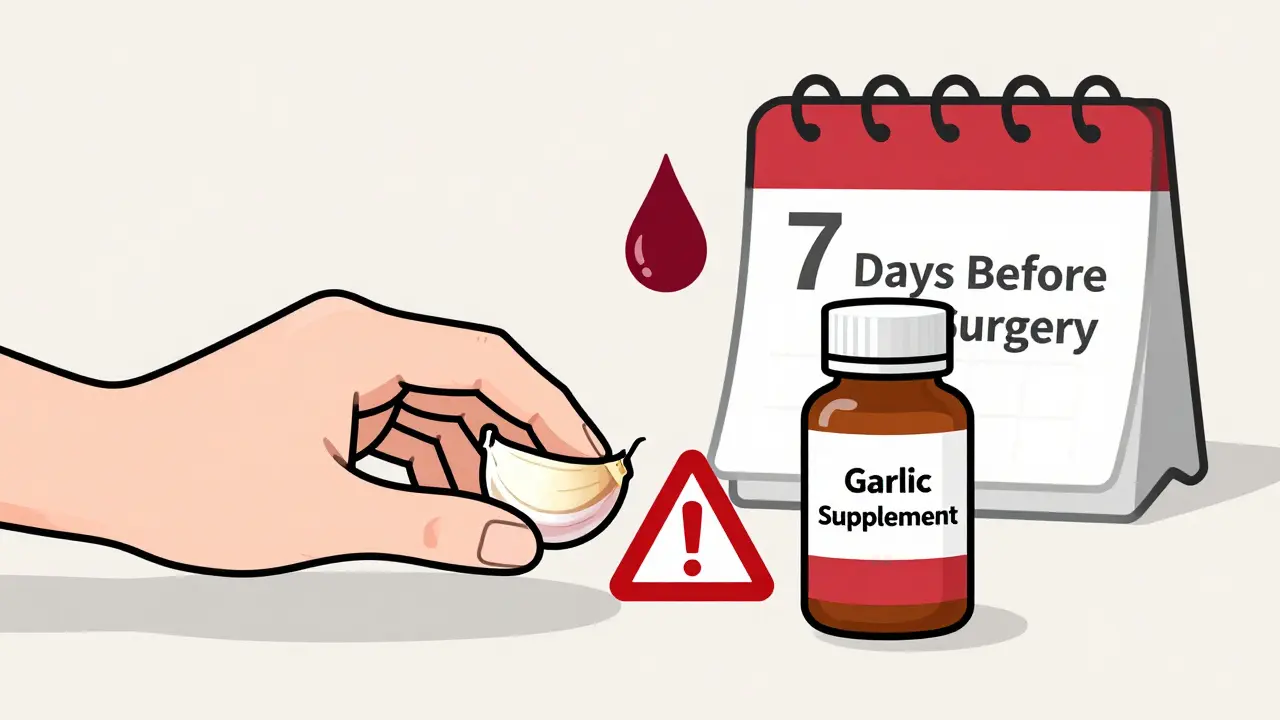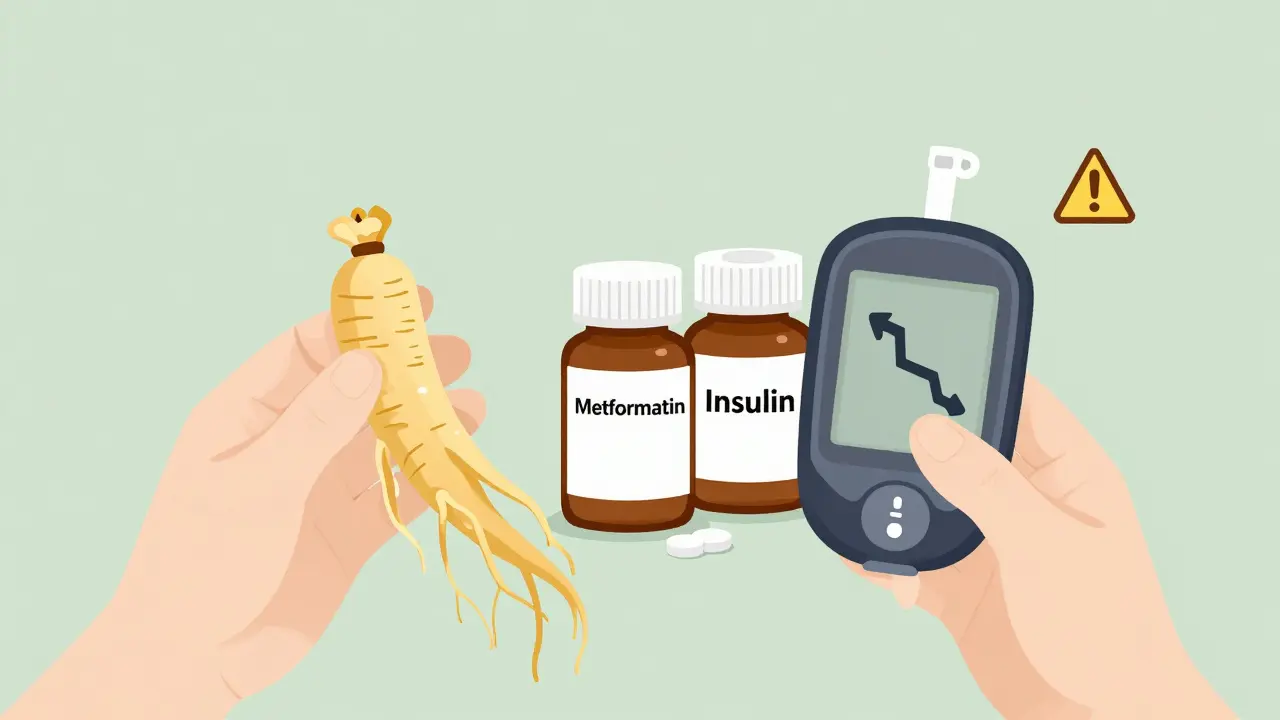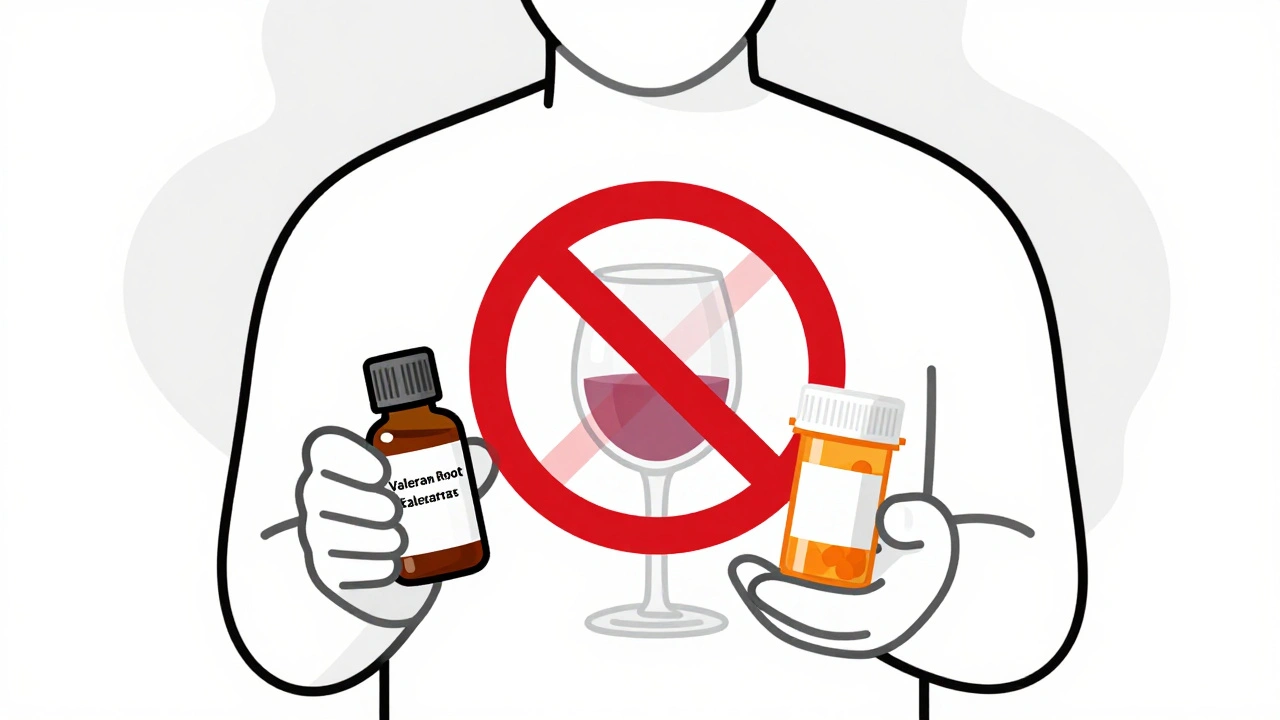Supplements & Herbs: What Works, What to Watch, and How to Choose in 2025
If you’re scrolling through endless product lists, you’ve probably wondered which supplement actually helps and which is just hype. The good news? You don’t need a pharmacy degree to sort it out. In this guide we’ll break down the basics of popular herbs, spotlight a couple of standout picks, and give you clear steps to pick safe, effective products.
Why People Turn to Herbs and Supplements
Most of us want a natural edge—whether it’s easing joint pain, boosting energy, or calming nerves. Herbs like water fennel and corydalis have been used for centuries, and modern labs are now backing up many of those claims with science. That mix of tradition and research is why these plants keep showing up on supplement shelves.
But the market is flooded. One bottle may promise “antioxidant power,” another says “supports liver function.” The key is to look for evidence: clinical trials, standardized extracts, and transparent labeling. When a product lists the exact part of the plant used (root, leaf, seed) and the amount of active compounds, you’re on safer ground.
Spotlight: Two Herbs Making Waves in 2025
Water Fennel (Oenanthe javanica) – Often called water dropwort, this herb is gaining traction for liver support and antioxidant activity. Research in 2023 showed it can help reduce oxidative stress in liver cells, which may translate to better overall detox. Typical doses hover around 300‑500 mg of standardized extract per day. Look for products that test for heavy metals, because the plant grows in watery environments where contamination can happen.
Corydalis – Known for its alkaloid “tetrahydropalmatine,” corydalis is becoming a go‑to for natural pain relief and sleep support. A 2022 double‑blind study found participants reported less chronic back pain after eight weeks of a 250 mg daily dose. It also seems to calm the nervous system without the drowsiness you get from some prescription sleep aids. Choose a supplement that clearly states the alkaloid content; that’s a good sign the manufacturer standardizes the extract.
Both herbs illustrate a trend: the most reliable supplements are those that combine traditional use with modern quality checks.
So, how do you pick the right product? Start with a reputable brand—look for third‑party testing labels like USP, NSF, or ConsumerLab. Next, check the ingredient list for added fillers, artificial colors, or proprietary blends that hide the exact dose. Finally, read user reviews, but take them with a grain of salt; the best feedback often mentions side effects or lack of results.
Remember, supplements aren’t a cure‑all. Talk to a healthcare provider before adding anything new, especially if you’re on prescription meds or have a chronic condition. A quick chat can prevent unwanted interactions and help you set realistic expectations.
In short, the world of supplements and herbs can be messy, but focusing on evidence, transparency, and personal health goals makes it easier to find what truly works. Whether you’re curious about water fennel’s liver benefits or corydalis for pain relief, the right product can be a helpful addition to a balanced diet and lifestyle.
Garlic Supplements and Anticoagulants: What You Need to Know About Bleeding Risk
Garlic supplements can dangerously increase bleeding risk when taken with blood thinners like warfarin or Eliquis. Learn why even small doses matter, what to avoid, and how to stay safe.
Ginseng and Diabetes Medications: What You Need to Know About Blood Sugar Risks
Ginseng may help lower blood sugar in type 2 diabetes, but it can dangerously interact with insulin and oral medications. Learn how to monitor your levels and avoid hypoglycemia when using this popular supplement.
Valerian and Sedating Medications: What You Need to Know About CNS Depression Risk
Valerian may seem like a safe natural sleep aid, but combining it with sedating medications like alcohol, Xanax, or sleeping pills can cause dangerous CNS depression. Learn the real risks and what to do instead.
Boost Immunity and Health with Theaflavin Supplement - A Complete Guide
Discover how theaflavin supplement can strengthen your immune system, fight inflammation, and improve overall health with science-backed insights and practical tips.
Water Fennel (Oenanthe javanica) Benefits, Safety, and 2025 Supplement Guide
What is water fennel, what does the science say, and is it safe? Get benefits, risks, dosing, and how to choose a reliable supplement in 2025.
About
Supplements & Herbs





